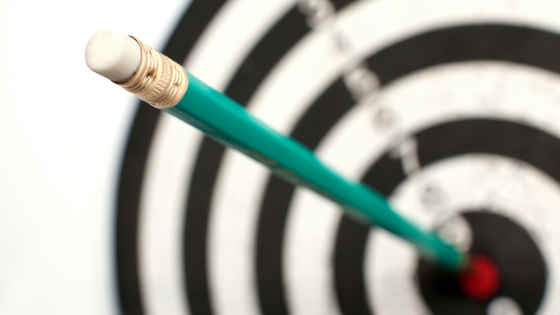We’ve all been there. You’ve spent a good portion of your working day wading through emails, attending long meetings, answering the phone, and generally coming across as very productive – but don’t feel you’ve achieved much in the way of sales as a result.

This isn’t uncommon – after all, we’re spending on average 28% of our day sending and responding to emails, 35-50% of it in meetings, and the rest of the time leaving voicemails and playing catchup. But are we doing any of this effectively?
Being Effective With Email
There’s no argument; email is still very much one of the most powerful tools in lead conversion there is, especially seeing as 91% of email users check their inboxes daily. But if you’re spending too much time writing lengthy follow ups, sending reminders that could be delegated and reading emails that don’t necessarily have much to do with you, you’re going to run out of selling time quite quickly. It’s therefore advisable that to become more email efficient, you’ll need to do the following:
- Delete and unsubscribe from marketing emails you know you’re never going to read.
- If you’re receiving notifications from an online platform or piece of software, customise this so that you only see the notifications applicable to you.
- Delegate smaller email jobs to a PA or administrator.
- Keep followups concise and mobile friendly. Remember that 40% of emails are opened first on a mobile device. This will save you time too!
- You should consider personalising the email so that the prospects name is in the subject line – this increases the click-through rate by 14%. Read our guide on subject lines that get emails opened.
- According to Hubspot, the best time for emailing prospects is between 8am and 3pm. Try to stick to this timeframe in order to maximise efficiency.
- Ask your colleagues to only copy you into emails that are in need of your attention.
Being Effective At Meetings
Could there be an issue with the length and frequency of your sales meetings? If you’re in management, you’ll attend on average 12 sales meetings per week. But are they all necessary? While sitting in on meeting after meeting might feel like productivity, it can actually create the opposite effect. And given that around 60% of meetings start late, you’re certainly not going to achieve anything as you wait for people to arrive!
So what can you do to be more meeting-efficient? Here’s some ideas
- Start the meeting at a random time. So, instead of scheduling it for 3pm, schedule it for 2:05pm. This reduces the risk of starting late. And if people are late, start the meeting on time regardless.
- Set an agenda (or ask for one in advance from the meeting chair), and then ask yourself if you really need to be present based on the topics listed. It could be that simply scanning the actions post-meeting will be sufficient.
- Set a finish time. Don’t let meetings drag.
- Cover the most important items first.
- Schedule the meeting for HALF the time you originally intended. Meetings tend to be extended to fill the entirety of the allotted time even if there’s no value in doing so. Shorter meetings will naturally be more concise.
- As observed by Stanford Business School Professor Bob Sutton, ‘standing-meetings’ (where there are no seats), reduces the time spent making decisions by 34% yet has no baring on the overall quality of the decisions made. So, as long as you don’t have a bad back, try a standing-meeting and see what happens!
Being Effective With Sales Calls
Have you had a busy day of making sales calls but felt like you’ve got nowhere? The issue might be that you’re too focused on quantity, and not paying enough attention to the timing and quality of the call. So here’s what you can do:
- Calling a prospect between 4-5pm has a 164% better connection rate than when you call between 1-2 pm. So, schedule these calls accordingly in order to save time.
- Studies have shown that Wednesdays and Thursdays are the best days to call prospects. The worst day is Tuesday. Perhaps you’d like to rearrange your calendar?
- The week leading up to Christmas can be a particularly good time to make important phone calls. Read more about this in our dedicated post.
- End the call with a plan, even if it’s just a date for a follow up meeting.
- Voicemails should be kept between 8 and 14 seconds if you want the recipient to call you back!
- Use their name! Keep conversation friendly but focused and always customised to the needs of the person you’re speaking to.
So, the next time you’re wondering why you’re having a productive and busy day but yielding few results, you may want to take a step back and look at whether there’s enough efficiency in your day to day tasks in order to make them more effective. This way, you’ll free up time, feel more focused and get a lot more done.
